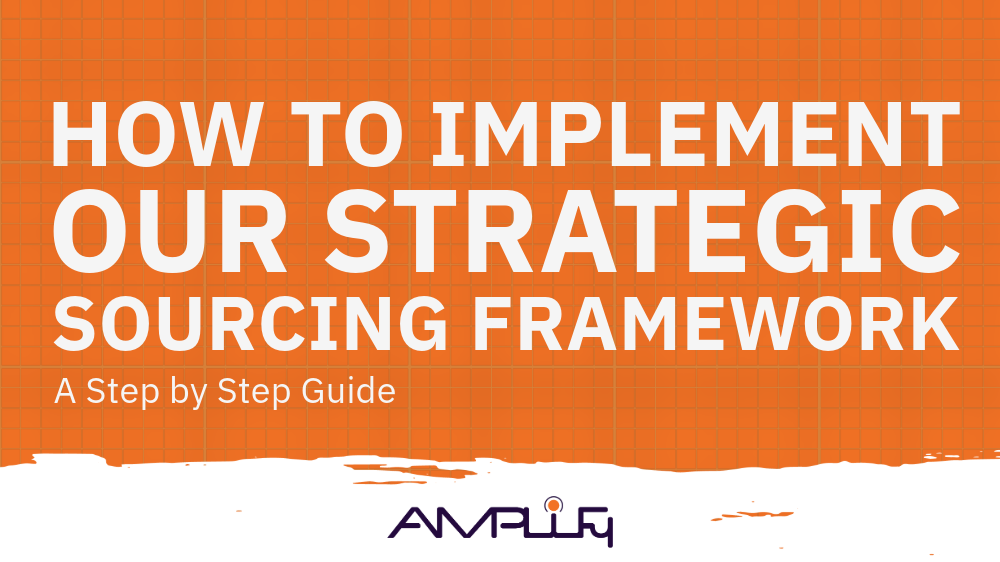Workplace Leadership — 3 Strategies for Motivating New Talent
Leadership is not for the faint of heart, especially in the workplace. While taking on any workplace leadership role is an honor, it also comes with equally large responsibilities.
Successful leaders in the workplace will face these responsibilities and challenges head-on, developing a clear game plan for steering their team forward.
When dealing with new talent, there’s a different dynamic for what your team needs from you as a leader. You must adapt and adjust to those needs and learn what motivates them to inspire them to work at their optimum potential. Here are three strategies that can help you as you strive to motivate new talent.
Workplace Leadership and New Talent
As I mentioned, to successfully support and lead your team, you will need to treat those new to the workforce differently than those more experienced. I am not talking about this in a demeaning sense, as you should have confidence in their abilities and respect for them.
However, you need to tailor your leadership to who you work with. I think of it a bit like buying a nice suit. If you want the best suit and fit, having it custom-made will result in an excellent fit that stands out. Your investment will be worth it.
Likewise, you need to customize your leadership approach to your new talent, who have different needs than your more experienced staff. According to one survey, 63% of millennials believe their leadership skills aren’t being developed. This shows that it’s more important than ever that we are “getting it right” with Gen Z, so they are prepared.
Also, a whopping 79% of employees will quit their jobs due to a lack of appreciation from leaders. So, while creating a tailored approach for your new talent, don’t forget the power of a simple “I see your great work.”
1. Workplace Leadership Calls for Guidance
So, how do you develop these new leaders of tomorrow’s workplace? Give new workers guidance. And there’s a massive difference between guidance and dictating.
Guidance for new talent is more of a mentorship, not a dictatorship. In a mentorship, you are motivating someone at that initial phase by supporting and working to empower them.
In a dictatorship, the only real motivation comes from fear, and it’s achieved not by empowering but by subduing. This doesn’t make a good leader and won’t result in happy or long-term productive workers. They will either burn out or leave.
So, how do you create that mentorship environment versus a dictatorship? Create an environment where it is safe for new talent to fail.
2. Create an Environment That Is Safe to Fail Within
According to one survey, 31% of Americans are afraid of failure. And the last thing you want to do as a leader is add to that fear. Instead, why not directly combat it by creating an environment where that fear loses its power?
How do you do this? For example, you could give new talent a set of tasks and activities and provide them a safe environment to fail in so they can learn. Tell them from the get-go, so they realize they won’t get fired for making one mistake; instead, you understand they are learning. From the beginning, you’ll have set yourself up as an ally who is there to mentor rather than an intimidating superior expecting perfection.
After all, some recruits are nervous, even terrified. You have to meet them where they are, which requires actively listening to them.
3. Practice Active Listening
In a recent blog, I described how active listening is crucial in consulting, so you can determine what your clients need and how to help them reach your shared goals. Leading new talent is the same.
When practicing active listening, focus on whoever is speaking, comprehending and carefully considering their words, and then respond effectively. Try this with your new talent; you will be amazed at the results. They will thrive because you (as a leader) have taken the time to listen to what they need. It will bring you the results your organization needs. Everyone wins.
Want to learn more about being the best leader you can be? Reach out to us today.




